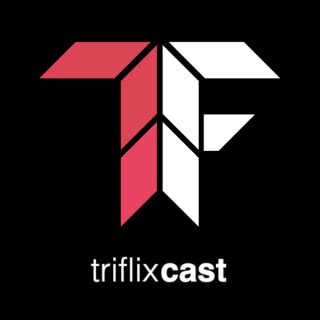Podcast appearances and mentions of David Baker
- 532PODCASTS
- 999EPISODES
- 44mAVG DURATION
- 1EPISODE EVERY OTHER WEEK
- Feb 19, 2026LATEST
POPULARITY
20192020202120222023202420252026
Categories
Best podcasts about David Baker
Latest news about David Baker
- Was the violent Sydney protest avoidable, and what can police and demonstrators learn? Home – The Conversation - Feb 10, 2026
- Franchisee of beloved chicken chain files for bankruptcy after $18M loss in 2025 BizToc - Jan 16, 2026
- We’re running out of good ideas. AI might be how we find new ones. Vox - Dec 13, 2025
- Arundel Mills’ 25th anniversary shines a spotlight on the pretzel man Baltimore Sun - Dec 9, 2025
- Ole Miss expected to bring back John David Baker as OC Yahoo! Sports - Dec 9, 2025
- How Beekman 1802 uses AI to humanize digital marketing Digiday - Oct 27, 2025
- After diplomatic blitz on Ukraine and Gaza, Trump moves to passenger seat




































